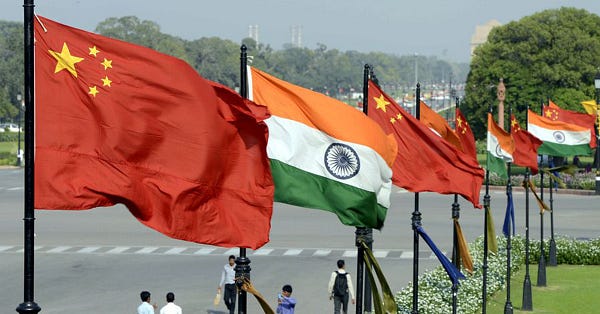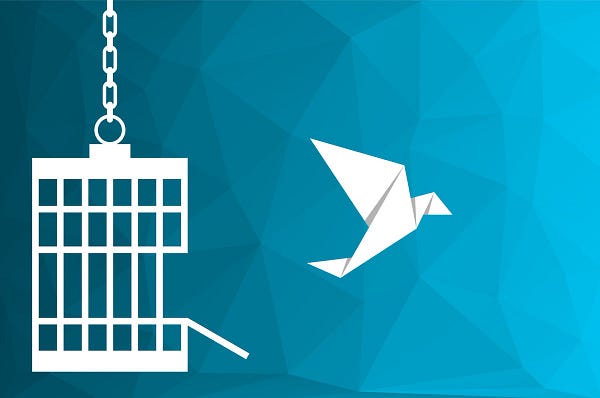We’ve been keeping track of how China’s state media presents a view that’s frequently different from the truth, when it’s not used for propaganda. Their pieces are also increasingly translated into English, as more of this war plays out on social media. So, here’s a look at which Beijing-approved messages are making the global rounds.
Taiwan
Tsai Ing-wen, the president of Taiwan, made a defiant speech on National Day in response to Xi Jinping saying a “peaceful reunification” with China must be fulfilled. State media accused Tsai of arrogance via the Global Times, which also recently criticized her pro-democratic views—while China Daily published this editorial:


India
The latest border talks between China and India find the two nations poking fingers at one another: India blames China on blocking “constructive suggestions” to resolve the issues; China says India’s demand for disengagement is “unreasonable.” Naturally, state media is amplifying the government’s harsh statements about what may happen:


Canada
The release of Michael Kovrig and Michael Spavor from Chinese detainment soon after Huawei executive Meng Wanzhou was free to return home was portrayed by state media as being purely due to “medical reasons.” Two weeks later, one of the two Michaels tweeted an image that the Global Times editor-in-chief replied to in this way:


Korea


A social media notice from China Central Television said journalist Luo Chanping was “infringing on the reputation and honour of heroes and martyrs” when he made his own post about a patriotic film. The Battle At Lake Changjin, a box-office hit in China, glorifies the soldiers who fought U.S.-led United Nations troops in the Korean War seven decades ago.
Technology
Beijing’s ew rules limiting the amount of time Chinese youth can play video games have been disseminated through state media sources. But the three-hour-a-week law was breached by some businesses letting them play for longer. People’s Daily, the official Communist party outlet, has published an editorial demanding uniform compliance:
The China Letter is produced by the Canadian Freedom Institute, a think tank based in Canada. We produce the China Letter every week to keep you informed and to press the ideas of free markets and free people not only in China but around the world. Please consider donating to keep this newsletter running!







